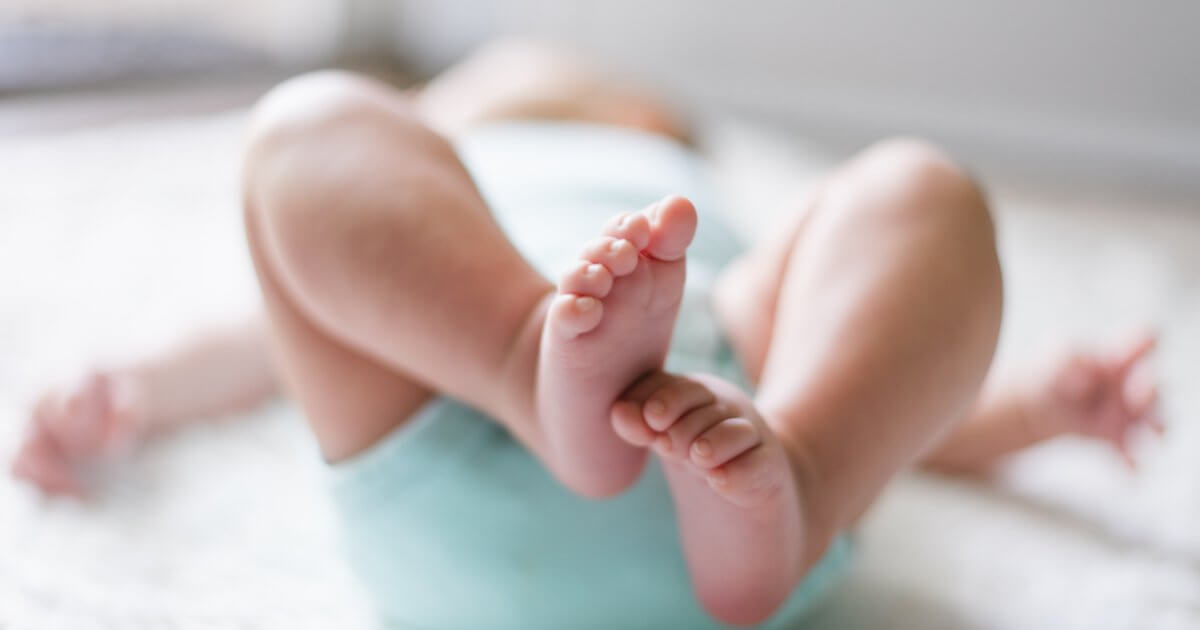Young women diagnosed with cancer often face an unthinkable choice: Save your fertility — or your life. And when cancer treatment needs to start right away, there’s little time for eggs to mature before they can be harvested and frozen by fertility specialists.
RELATED: Bursting With Joy Lauren Chiarello's Double Miracle Twins After Hodgkin's Lymphoma
Read MoreDiagnosed with breast cancer at 29, the patient needed to start chemotherapy immediately, so doctors offered her a new option to preserve her eggs called in vitro maturation (IVM.)
In the procedure, researchers would retrieve her immature eggs and allow them to mature in a lab before freezing. Doctors removed seven immature eggs from the patient’s ovaries before she began cancer treatment. Then, using IVM, they enabled the eggs to continue developing in the laboratory. When the eggs reached maturity, they were flash-frozen in liquid nitrogen to reduce the risk of cellular damage from ice crystals.
Five years later, the patient was in remission and ready to have a baby. But she wasn’t a candidate for hormone-fueled fertility treatments. Stimulating her ovaries with hormones to prompt them to produce more eggs, would increase the risk of her breast cancer recurring, so she and her doctors decided to use her frozen eggs.
RELATED VIDE0: “Can I Have a Baby After Breast Cancer?” Dr. Elizabeth Comen, a medical oncologist at Memorial Sloan Kettering Cancer Center and medical advisor to SurvivorNet addresses this question.
All six eggs survived the thawing process and they were fertilised using ICSI (intracytoplasmic sperm injection); five fertilised successfully and one embryo was transferred to the patient’s womb. She became pregnant and nine months later, on July 6, 2019, she gave birth to a healthy baby boy named Jules.
Before Chemo: Fast-Start Fertility
While IVM is the latest success in the field of fertility preservation, Dr. Jaime Knopman, Director of Fertility Preservation at the Colorado Center for Reproductive Medicine in New York says, for young women diagnosed with cancer, the first question is often, “Can I have a baby?
Says Dr. Knopman, “You’ll probably be referred to a fertility specialist, and freezing your eggs for later use is often an option.
RELATED: Becoming a Father After Cancer Todd Rosenbluth's Story
In order to get this done quickly, a so-called "fast start fertility preservation technique" is used, says Dr. Jaime Knopman, Director of Fertility Preservation at CCRM NY.
Fast-start fertility hormone injections begin, “no matter where you are in your menstrual cycle,” says Dr. Jaime Knopman, Director of Fertility Preservation at CCRM in New
This means that no matter where you are in your cycle, the production of eggs is stimulated and can be done in as little as two weeks.
To achieve this, a patient is given hormone injections in the morning and night. It's a ten-day process, during which regular blood tests and ultrasounds are performed. When estrogen levels are at peak, a final injection is given and 35 hours later the eggs are removed. If you are freezing the eggs alone, then they are assessed for maturity and frozen. For freezing embryos, the eggs are fertilized with sperm and then grown in the laboratory.
Learn more about SurvivorNet's rigorous medical review process.


